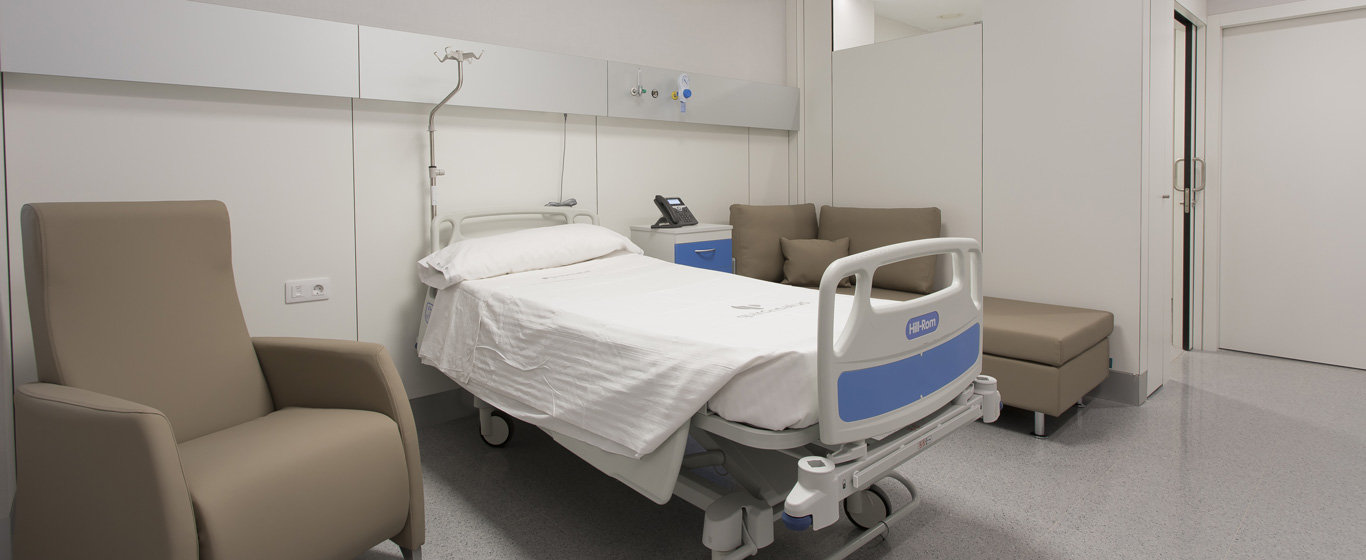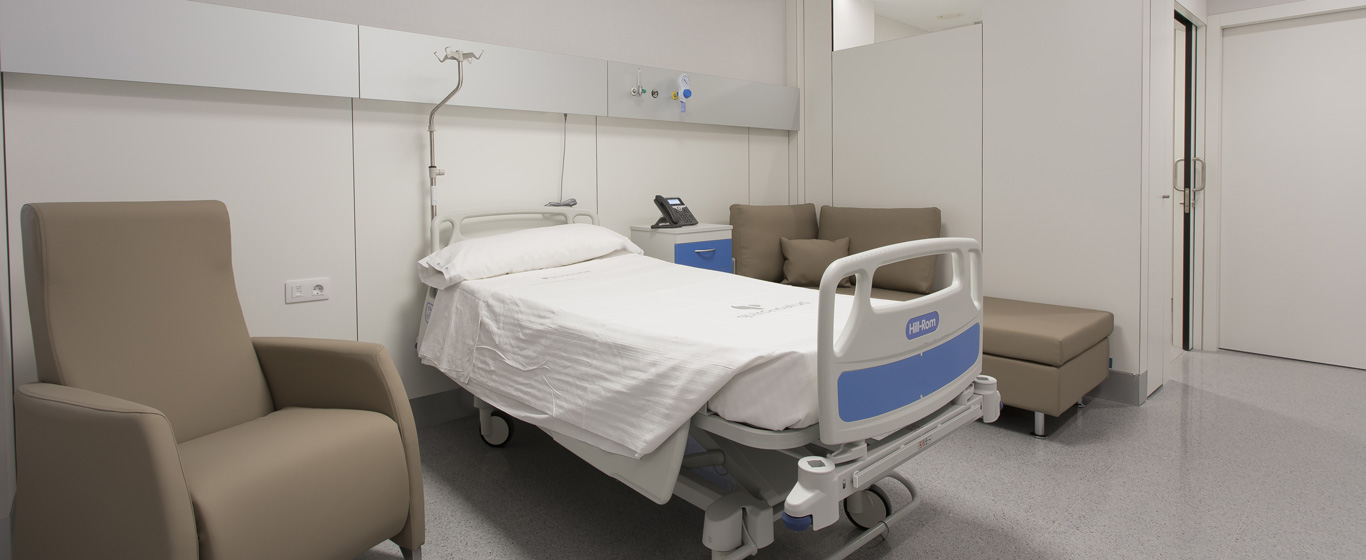Anosmia
Are there therapies to regain the sense of smell? Get all the information about the causes, symptoms, and treatments for anosmia.
Symptoms and Causes
Anosmia is the complete loss of the sense of smell. When it is only partial, it is called hyposmia. This condition not only prevents patients from recognizing smells but also affects the sense of taste, making it difficult to distinguish flavors.
Anosmia is not always treatable, which can pose a risk to the safety of those who suffer from it, as they cannot detect the smell of smoke in a fire or a gas leak. In such cases, taking additional safety measures is essential.
Symptoms
Anosmia has two clear symptoms:
- Loss of the sense of smell.
- Loss of the sense of taste.
Causes
Anosmia can occur due to multiple causes. In most cases, it is a consequence of another disease. The most common reasons for loss of smell include:
- Congenital abnormalities of the olfactory receptors or the brain area responsible for processing them.
- Infectious or inflammatory diseases such as colds, sinusitis, flu, rhinitis, or COVID-19.
- Deviated nasal septum.
- Nasal polyps.
- Intranasal or brain tumors.
- Nose or brain surgery.
- Degeneration caused by aging or neurological diseases such as Alzheimer's, Parkinson's, or multiple sclerosis.
- Vascular accidents.
- Traumatic brain injuries.
- Radiation therapy in the head and neck area.
Risk Factors
Anosmia occurs more frequently in patients with upper respiratory tract infections, brain tumors, degenerative diseases, or nasal and brain tumors.
Complications
Patients with anosmia often experience psychological disorders resulting from the loss of smell, especially due to the associated loss of taste. Additionally, since they cannot distinguish flavors, they may consume excessive salt or, if they no longer enjoy eating, suffer from malnutrition.
Anosmia also poses a significant safety risk, as many emergency situations are detected through the sense of smell. To enhance protection, it is advisable to:
- Increase inspections of electrical and gas installations if their use cannot be avoided, and be alert to potential flames or unusual sounds at home.
- Install smoke detectors and keep a fire extinguisher in the kitchen.
- Conduct more frequent vehicle inspections to prevent harmful gases from accumulating.
- Check food expiration dates and avoid consuming cooked dishes stored in the refrigerator for more than a day.
- Pay special attention to personal hygiene and regularly wash clothes and shoes.
- Ventilate the home twice a day.
Prevention
In most cases, anosmia cannot be prevented. However, to avoid loss of smell due to other diseases, it is advisable to:
- Stay hydrated.
- Avoid contact with allergens.
- Get vaccinated against the flu.
- Wear a mask when in contact with sick individuals or pollutants.
What Doctor Treats Anosmia?
Otolaryngology specialists diagnose and treat loss of smell.
Diagnosis
The diagnosis of anosmia is based on anamnesis and the patient's medical history. After gathering all relevant information, specialists may request additional tests, including:
- Imaging tests to detect malformations, tumors, or inflammatory processes.
- Nasal endoscopy to assess the condition of the mucosa.
- Olfactometry to determine olfactory capacity.
- Subjective olfactometry: The patient smells different substances and describes their sensations.
- Objective olfactometry: Measures the electrical stimuli generated in the nasal mucosa when detecting odors.
Treatment
The first step is to wait, as in most cases, the sense of smell recovers on its own. If there is no improvement after six months, specialists focus on the underlying causes, as there are currently no specific treatments for anosmia. The most commonly used approaches include:
- Antibiotics, antihistamines, or decongestants for inflammatory or infectious diseases.
- Radiation therapy to shrink tumors.
- Surgery to remove tumors, eliminate polyps, or correct olfactory system anomalies.
- Olfactory training: Used to stimulate olfactory memory. The patient is exposed to various odors for a few seconds while receiving information that helps them recall the smell.
- Psychological therapy to help adapt to the new condition.






































































































